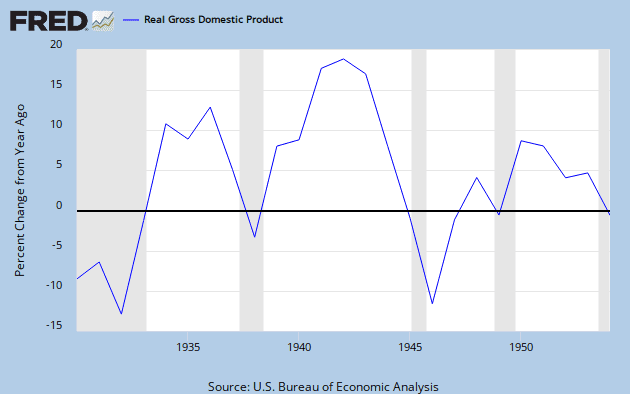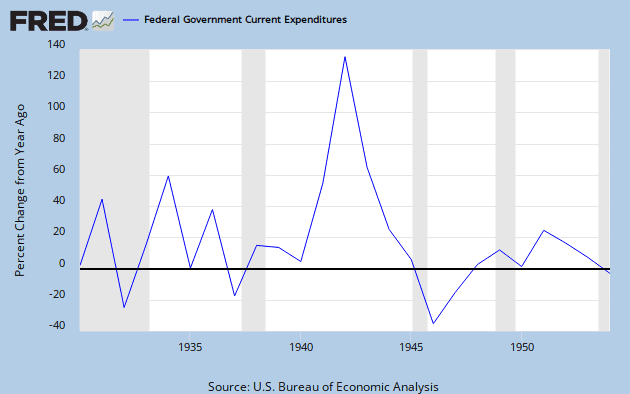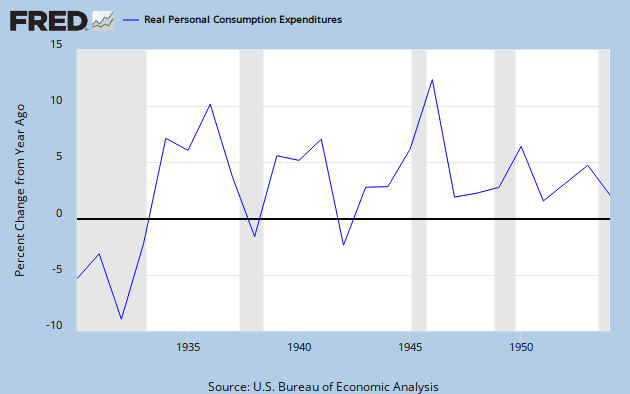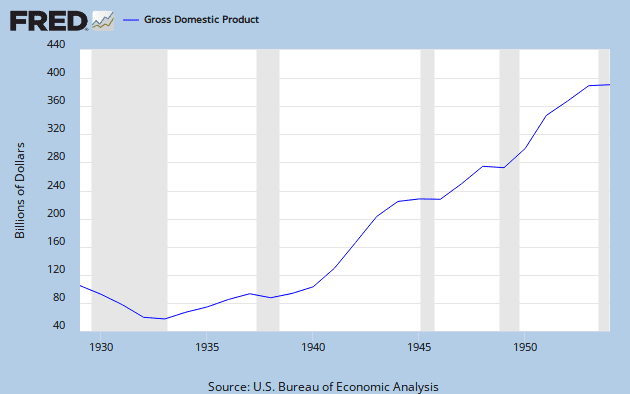Toro got it.
Some of you people think economics is like a hard science and therefore the same rules to getting things done can apply in every case
It's not. Economics is not remotely like a hard science
Hard sciences have rules that apply each and every time the conditions of that rule are met.
No economy is every the same from moment to moment.
Most economic theories are flawed at their very inception.
The flaw from which all other flawed economic thinking follows is the mistaken notion of the economically rational man.
I wish that theory were true, but it clearly isn't.
Some of you people think economics is like a hard science and therefore the same rules to getting things done can apply in every case
It's not. Economics is not remotely like a hard science
Hard sciences have rules that apply each and every time the conditions of that rule are met.
No economy is every the same from moment to moment.
Most economic theories are flawed at their very inception.
The flaw from which all other flawed economic thinking follows is the mistaken notion of the economically rational man.
I wish that theory were true, but it clearly isn't.
Last edited:





